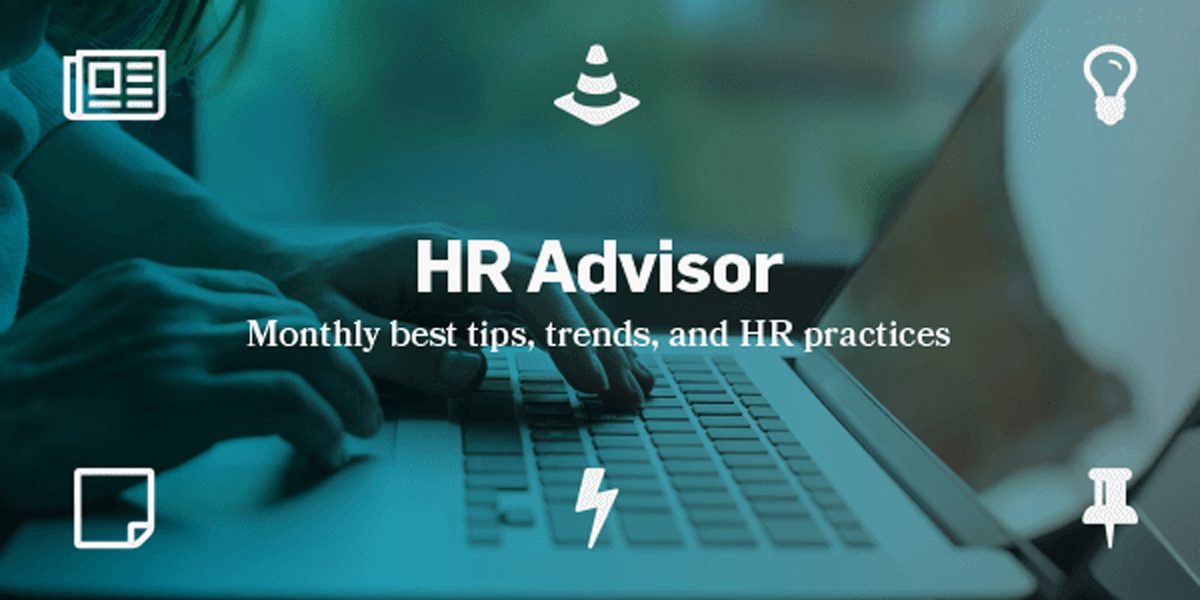Welcome to the HR Advisor Newsletter! This month we explain why you should care about your employer brand and how you can take charge of it, review the latest news about the new overtime rule, and go over the actual legal definition of harassment. Thank you for reading!
Why You Should Care About Your Employer Brand
Lots of HR leaders today are talking about the importance of using marketing techniques to build an effective employer brand. The topic was a focus in several sessions at the latest annual Society for Human Resource Management (SHRM) conference.
What is an employer brand? To answer that question, it may be helpful to go over what a brand is in general. A brand is a name, image, or some other feature that distinguishes your products and services from those offered by others.
Branding may sound simple, but as any marketing team can tell you, a lot of thought and work goes into it, and the difference between success and failure couldn’t be starker. If you call to mind successful companies, some names will pop in your head, not simply because they’re profitable, but because you know their brand. If they didn’t have an effective brand, you wouldn’t have even thought of them.
A company’s employer brand is its public image or reputation as an employer. It’s the feel of the company that comes through in job postings, social media, reviews, news stories, awards, and word of mouth. It’s the value (or lack thereof) that prospective employees expect to find in the employment relationship.
Every employer has a brand, whether they’ve deliberately worked to define one or not. Your company does too. And that brand is either helping or hurting your recruitment and retention efforts. That’s the big reason why HR leaders are talking about it. You have no say in whether you have an employer brand, but you do have a say in what that brand is. Here’s how you can take charge of it.
 News Brief
News Brief
DOL Releases Final Overtime Rule, Effective Jan 1, 2020
The Department of Labor has announced the final rule that will increase the minimum salary for certain exempt white collar employees. The final rule is very close to the proposed rule we reported on in March. The new minimums will take effect January 1, 2020.
What Exactly Is Harassment, Anyway?
One of the trickiest parts of identifying and discussing harassment is that the word means different things in different settings and to different people. People will often say they’re being harassed when they’re being pestered or bothered, and in everyday conversations, that’s fine. At work, however, harassment has a specific legal meaning. We recommend that those in HR and management reserve the word harassment for conduct that meets the legal definition. Here’s that definition.
When Exempt Status Is a Status Symbol
Employees who will be transitioned from an exempt to non-exempt classification may resent the change in classification. They may feel that tracking time is beneath them, that they’re being micromanaged, that their position has less prestige, or that their work has less value. All of this is understandable; being exempt has become a kind of status symbol.
Our HR Pros are ready to help
Have any questions about this communication?
Our team of HR Professionals is ready to help you.
|
Over the phone at: |
Online via your |
Available |
Anchor Payroll
350 Clark Drive
Suite 310
Mt Olive, NJ 07828
Additional Contacts
Phone: 800-660-7089
Email: info@anchorpays.com



